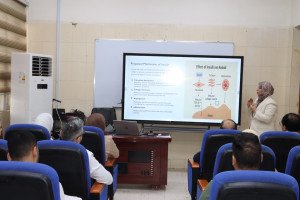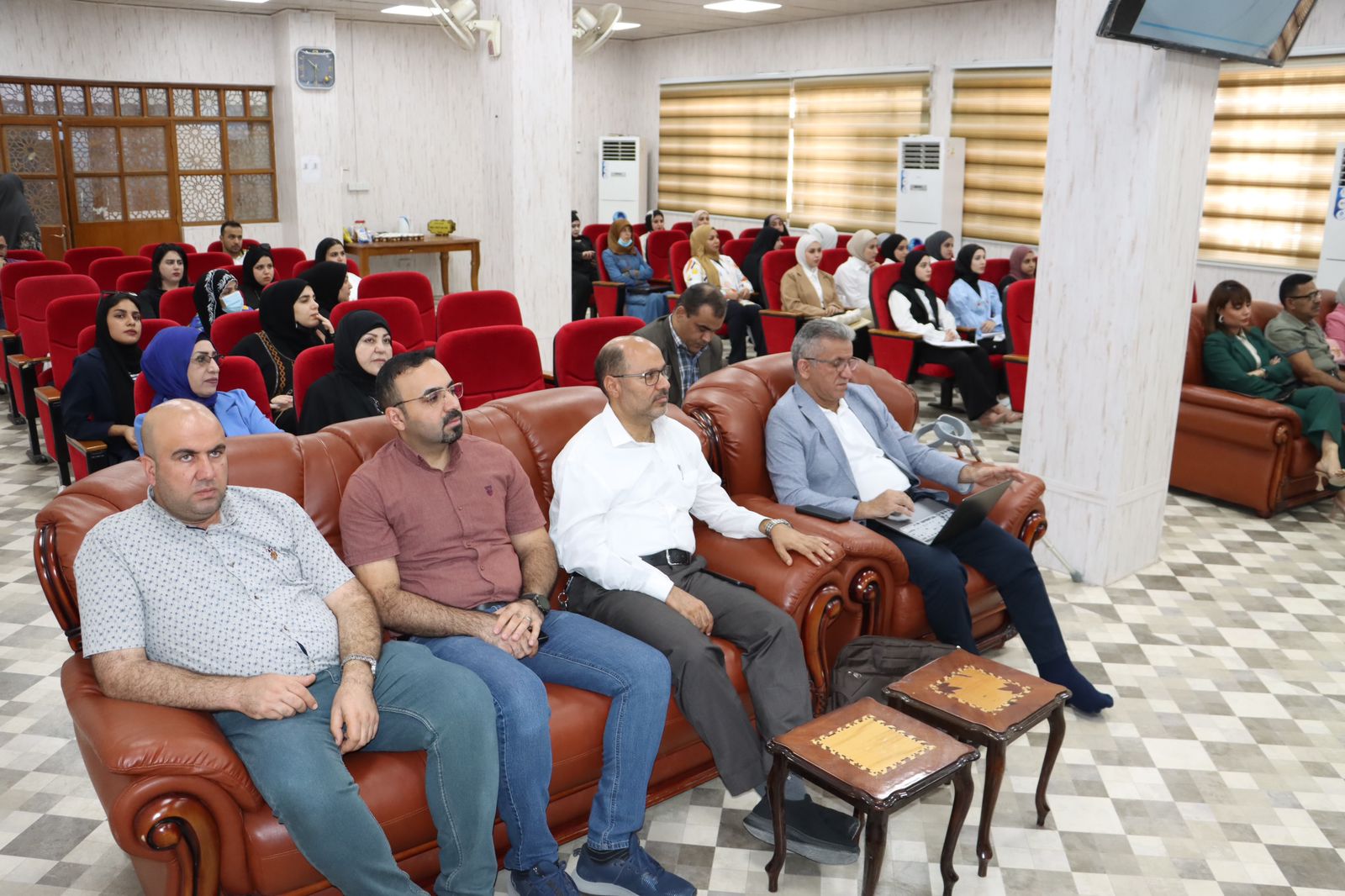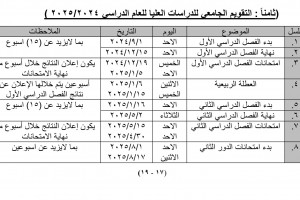
The College of Pharmacy, in cooperation with the College of Veterinary Medicine at the University of Basrah, organized a scientific symposium entitled (How to Deal with Laboratory Animals) with the participation of researchers and specialists.
The symposium included several lectures, including a lecture given by the Assistant Professor Dr. Firas Ali Hussein, in which he explained that laboratory animals are considered a crucial element in the field of biological and biomedical sciences, as most research is conducted using them. To manage laboratory animals, several basic factors must be taken into account, including: This includes animal homes and the continuous care and monitoring of animals with regard to the housing of laboratory animals. It is necessary to provide a safe and comfortable environment, including appropriate flooring (bedding) that can absorb moisture, as well as to be far from places full of noise as it affects the physiology of the animal and thus affects scientific research. . In addition to maintaining basic services such as appropriate lighting, humidity levels, and the specified number of animals in each cage, in addition, each type of laboratory animal requires a specific holding and carrying technique. For example, mice need to be caught using one hand while rabbits require both hands. The second lecture was given by the lecturer, Dr. Jalaa Amer Salman from the College of Veterinary Medicine, in which he explained the methods of administering medications to laboratory animals. He reviewed the different methods of administering medications to laboratory animals and highlighted the advantages of each method in terms of importance, the benefits and disadvantages of each method, in addition to a simplified explanation of how Conducting the giving process correctly. Finally, common mistakes and how to avoid them were discussed. As for the lecturer from the College of Pharmacy, Professor Dr. Osama Ayoub, he explained in his lecture the ethics of scientific research with laboratory animals, how to obtain ethical approvals from the relevant committees to work with laboratory animals, how to provide a suitable environment for their living, and use ethical practical methods to reduce the pain associated with working with these animals, according to the protocols provided by organizations. Animal welfare and medical organizations dealing with laboratory animals.
The symposium aimed to explain how to deal with laboratory animals to researchers in the field of life sciences and graduate students to produce high-quality scientific research results.









